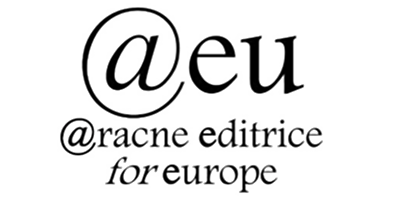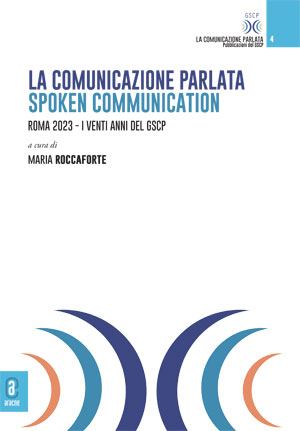DOI: 10.53136/97912218188268
Pages: 129-145
Publication date: July 2025
Publisher: Aracne
SSD:
L-FIL-LET/12 L-LIN/01 L-LIN/02
This contribution investigates control negotiation in multilingual parent-child pretend play and the use of the multilingual repertoire as a strategic resource to perform control acts. Pretend play allows children to re-model reality by reproducing the world as it is conceived in their imagination, drawing from their understanding of social interactions. Their daily experience in play confers them an epistemic authority which can make them feel entitled to address control acts to adults, a social authority. For multilingual children, the languages they speak are an intrinsic element of their social experiences and, as such, are also deployed as a resource in playing. A sequential analysis of conversational turns is applied to data of spontaneous speech (MFP Corpus) recorded in the domestic space of three multilingual families living in Berlin. The analysis shows that codeswitching is strategically used in parent-addressed control acts to perform authority and influence multilingual family practices.




